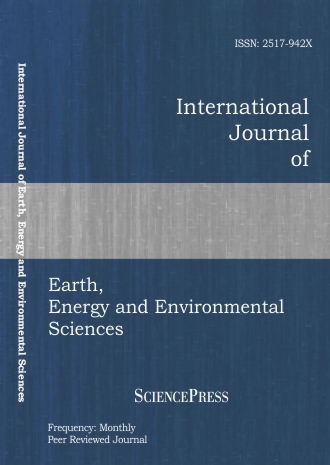
Scholarly
Volume:2, Issue: 3, 2008 Page No: 23 - 29
International Journal of Earth, Energy and Environmental Sciences
ISSN: 2517-942X
2262 Downloads
Satellite Data Classification Accuracy Assessment Based from Reference Dataset
In order to develop forest management strategies in tropical forest in Malaysia, surveying the forest resources and monitoring the forest area affected by logging activities is essential. There are tremendous effort has been done in classification of land cover related to forest resource management in this country as it is a priority in all aspects of forest mapping using remote sensing and related technology such as GIS. In fact classification process is a compulsory step in any remote sensing research. Therefore, the main objective of this paper is to assess classification accuracy of classified forest map on Landsat TM data from difference number of reference data (200 and 388 reference data). This comparison was made through observation (200 reference data), and interpretation and observation approaches (388 reference data). Five land cover classes namely primary forest, logged over forest, water bodies, bare land and agricultural crop/mixed horticultural can be identified by the differences in spectral wavelength. Result showed that an overall accuracy from 200 reference data was 83.5 % (kappa value 0.7502459; kappa variance 0.002871), which was considered acceptable or good for optical data. However, when 200 reference data was increased to 388 in the confusion matrix, the accuracy slightly improved from 83.5% to 89.17%, with Kappa statistic increased from 0.7502459 to 0.8026135, respectively. The accuracy in this classification suggested that this strategy for the selection of training area, interpretation approaches and number of reference data used were importance to perform better classification result.
Authors:
References:
[1] Achard, F. and Estreguil, C. 1995. Forest classification of Southeast